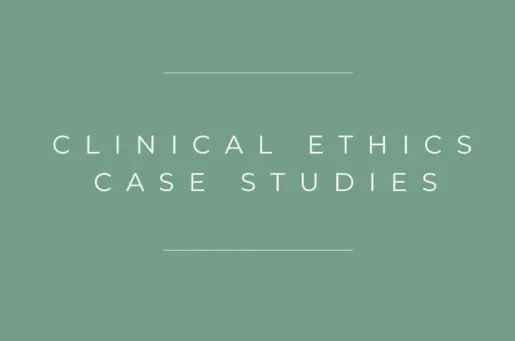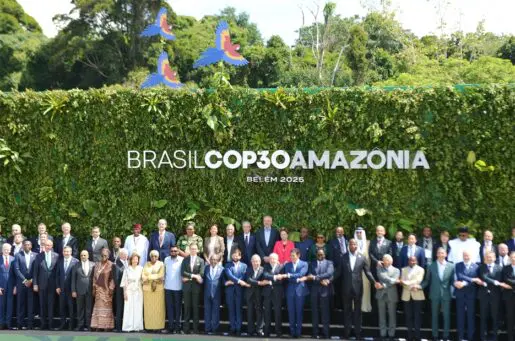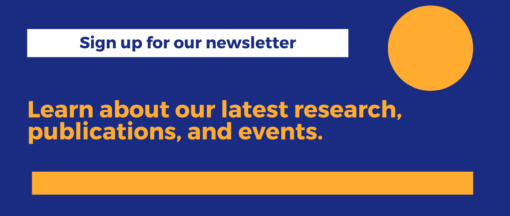Bioethics Forum Essay
Gold Dust
There has been a good deal of discussion about President Trump’s executive order calling for gold standard science to be the governing standard for the federal funding of American science. His director of the Office of Science and Technology, Michael Kratsios, a businessman with no substantive training or experience in science or engineering, issued a memorandum to all federal agencies providing guidance as to how to implement the order.
He wrote: “Gold Standard Science represents a commitment to the highest standards of scientific integrity, defined by nine core tenets: reproducible; transparent; communicative of error and uncertainty; collaborative and interdisciplinary; skeptical of its findings and assumptions; structured for falsifiability of hypotheses; subject to unbiased peer review; accepting of negative results as positive outcomes; and without conflicts of interest. These tenets ensure that federally-supported research, and research used in Federal decision-making, is transparent, rigorous, and impactful, enabling Federal decisions to be informed by the most credible, reliable, and impartial scientific evidence available.”
He gave the agencies until August 22 to submit to OSTP and post on their websites reports outlining how they plan to implement gold standard science.
There are many matters to debate about the content of this memorandum, including how to determine reproducibility, what is meant by being skeptical of findings and assumptions, what constitutes unbiased peer review, and insuring a lack of conflicts of interest. But amid this vast number of trees is a forest that can’t be ignored. Trump’s executive order empowers his political appointees to ultimately validate research outcomes. Instead of independent expert reviews of research, a Trump functionary can look at any peer-reviewed work and declare it to be in violation of the President’s gold standard due to bias, some imagined conflict of interest, skepticism, or simply uncertainty.
The United States has never had a situation in which political and ideological nonscientists got the last word about what is credible science. The direct political oversight of science represented in the gold standard currency is not sound. Moving determinations of what scientific evidence is to nonscientists is stepping directly toward the terrible results prior autocratic regimes produced using politically vetted science.
The bogus agronomist Trofim Lysenko had Josef Stalin’s ear in the 1940s and 1950s on agricultural policy. Lysenko promoted Lamarckian pseudoscience to please Stalin with promises of abundant harvests while legitimate geneticists and other scientists who knew this incompetent bureaucrat was wrong were intimidated, silenced, purged from their positions, imprisoned, and even executed for not endorsing Lysenko’s ideologically-driven views on heredity.
Germany knows all too well what happened when ideology and political ideologues got the final say about valid science as occurred during the Nazi regime. Politicized eugenics fueled the concept of racial hygiene that led to the Holocaust. After World War II in 1949 the new government outlawed government intervention in research, stating in its constitution that “arts and science, research and teaching shall be free.”
In 2017 the British government legally enacted the Haldane principle, which codifies the independence of government-funded science from political interference. It was interpreted to mean: “There are areas where Ministers should have no input: Ministers should not decide which individual projects should be funded nor which researchers should receive the money. This has been crucial to the international success of British science.”
The European Union’s 47 nations have also resisted political meddling in vetting science. EU Regulation 2021/695 requires “independent external experts” for the assessment and release of scientific findings. This rule may make cooperation or joint research between the U.S. difficult if not impossible.
Politics has a role to play in determining what research budgets will be and ultimately whether sound science will be used to drive public policy. But the standards of valid science ought not be subject to political litmus tests.
Arthur Caplan, PhD, is the Mitty Professor of Bioethics at the NYU Grossman School of Medicine and a Hastings Center Fellow. X: @ArthurCaplan, Bluesky: artcap.bsky.social














Michael Kratsios lives in some Fairyland Nirvana. Attempting to fulfill all 9 criteria prior to any decision means…..freeze all decisions, solidly. Paralysis ensues..
There is nothing in the proposal language that isn’t taught in any research methods course. So, to me ( not a Trumper) the Gold Dust opinions are more Fool’s Gold. It is more a political statement on an administration and the authors opinion through comparison to other oppressive regimes. It appears to be a narrative that provides an opportunity to put a certain political agenda in its place. Then call it what it is, Trump Dump would be a better title. Be transparent.
Thank you, Art Caplan, for apt examples and timely comparisons. This deserves to be republished in places where supporters of the current administration go for input.
Thank you for posting this excellent analysis of the tragic interference by this authoritarian administration on independent science.
Really well done, hope it gets terrific traction. Thank you for saying what others will not.